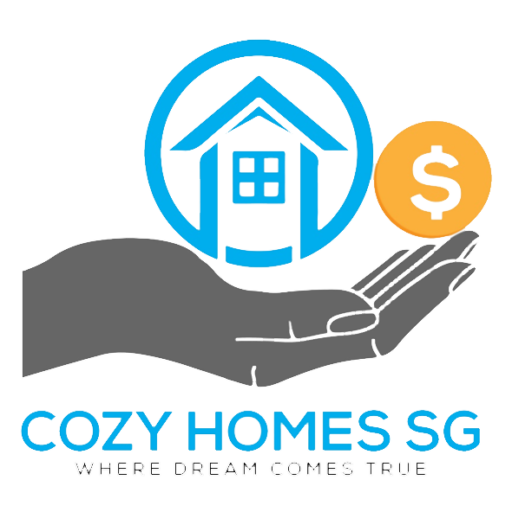480 Toa Payoh Lorong 6 #10-01 HDB Hub East Wing Singapore 310480
Factors to considering when
buying a freehold or leasehold property
Factors to considering when buying a freehold property
When deciding to purchase a property, one of the most important decisions you’ll need to make is whether to buy a freehold or leasehold property. Freehold properties are properties that you own outright, while leasehold properties are properties that you lease for a specific period of time. Both options come with their own set of pros and cons, and the decision you make will depend on your individual needs and preferences.
Higher upfront cost:
Freehold properties are typically more expensive upfront, making them less accessible to first-time homebuyers.
Higher property taxes:
Since estate in fee simple properties include ownership of the land, property taxes can be higher than for leasehold properties that only include ownership of the unit in the building
Limited availability:
Freehold Properties are not as common as leasehold properties, so they may be harder to find in certain areas.
Absolute ownership:
Estate in fee simple property is the highest form of ownership available in real estate, providing the owner with absolute ownership of both the land and the building on it.
No expiration date:
Unlike leasehold properties, which have a fixed term, estate in fee simple properties have no expiration date and can be passed down to future generations.
Long-term value:
Freehold properties tend to hold their value over time, making them a good long-term investment.
Potential for long-term appreciation: Estate in fee simple properties tend to appreciate in value over time, providing potential long-term value for the owner.
FREEHOLD or
LEASEHOLD
Choosing a leasehold property can be a difficult decision, as it comes with unique considerations and risks. Here are few important factors to consider when choosing a leasehold property:
The length of the lease is one of the most crucial factors to consider when buying a leasehold property. Leases can range from as short as 99 years to as long as 999 years, and it’s important to understand how the length of the lease will affect the property’s value and your ability to sell it in the future.
The remaining lease on the property is also important to consider. Generally, the shorter the remaining lease, the more the property’s value will decrease. In addition, it can become more difficult to secure financing or find a buyer when the remaining lease drops below a certain threshold.
When purchasing a leasehold property, it’s important to research the developer’s reputation and track record. Some developers have a history of cutting corners, using subpar materials, or failing to properly maintain the property over time. Choosing a reputable developer can help ensure that your leasehold property is well-built and well-maintained.
Just like with leasehold properties, location is a critical factor when it comes to freehold properties. Consider the surrounding neighborhood, access to public transportation, proximity to schools, shopping centers, and other amenities.


